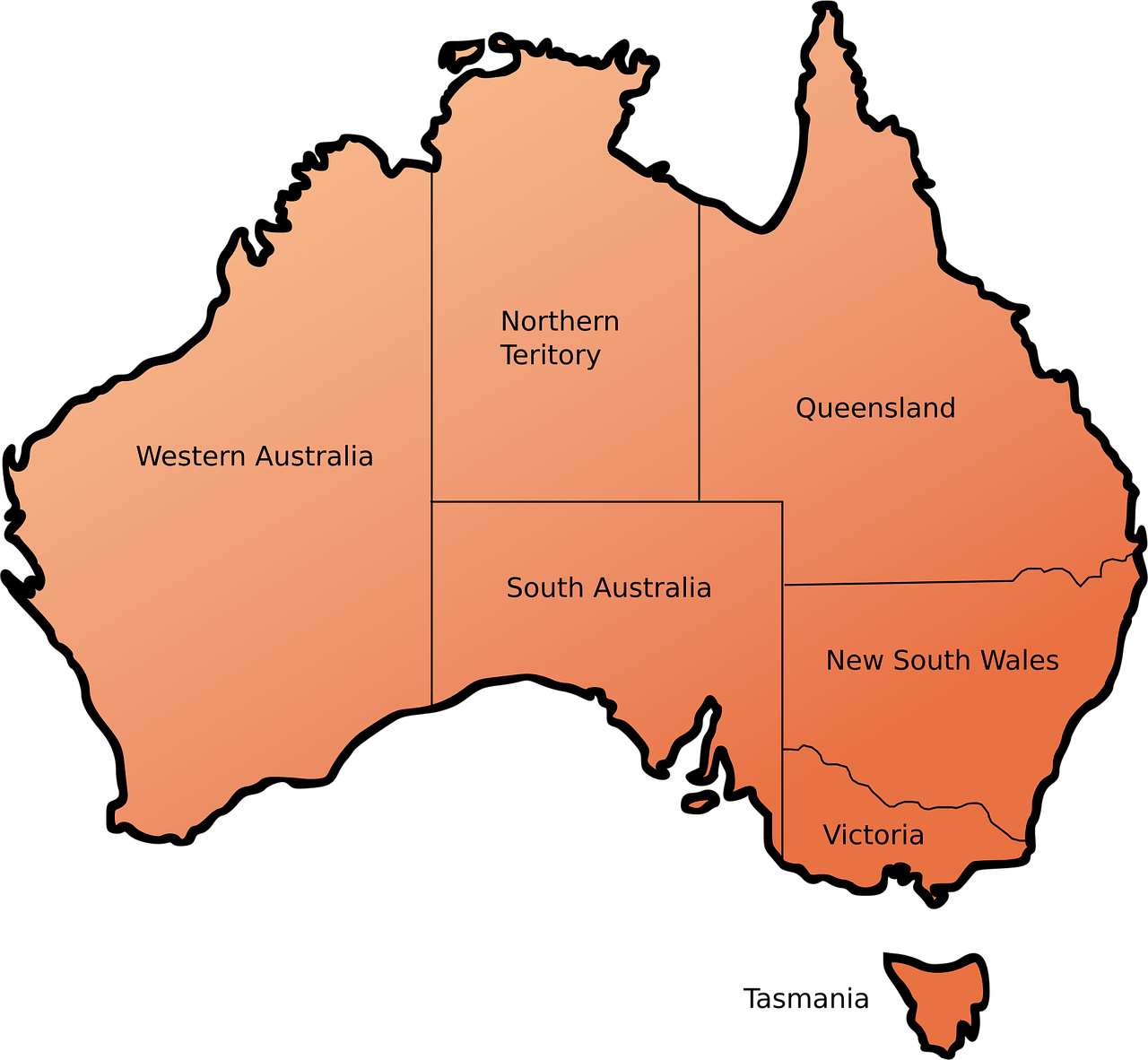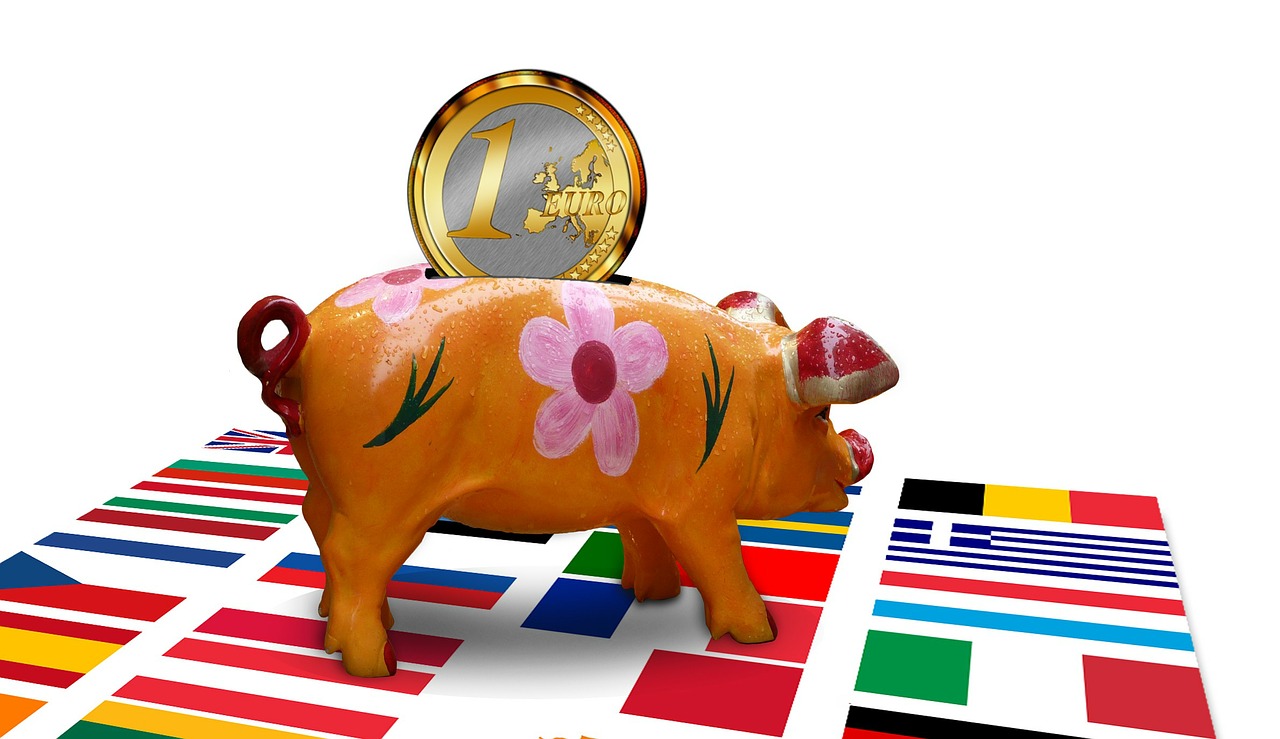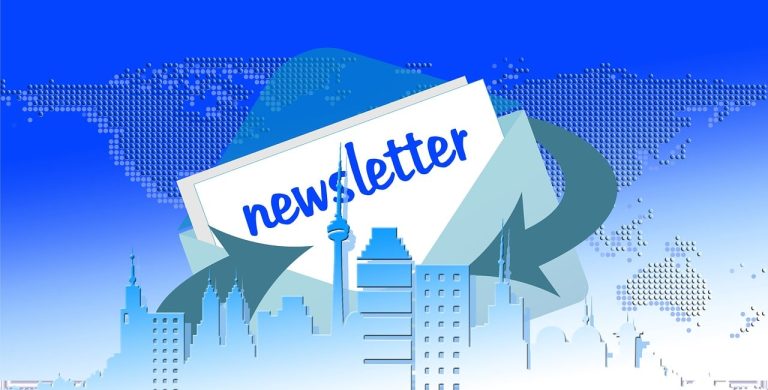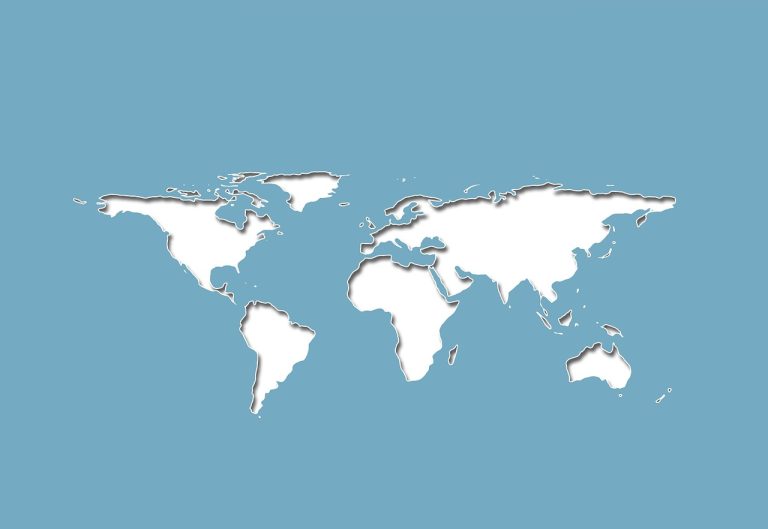
The Role of Social Media in Shaping Philippine Politics: A Comprehensive Analysis
In recent years, the influence of social media on global political landscapes has been profound and transformative. The Philippines is no exception. The rapid adoption and integration of social media platforms like Facebook, Twitter, and Instagram have significantly altered how political campaigns are conducted, how information is disseminated, and how citizens engage with political content. This comprehensive analysis delves into the multifaceted role of social media in shaping Philippine politics.
Introduction to Social Media’s Political Influence
Social media’s rise as a dominant force in political discourse is evident across the globe. In the Philippines, where internet penetration is high and social media usage is among the most intensive worldwide, the political impact is particularly pronounced. The accessibility and immediacy of platforms have made them critical tools for politicians seeking to reach and engage with voters directly. This shift has democratized information dissemination, but it has also led to challenges such as misinformation and echo chambers.
The Evolution of Political Campaigns
Traditional political campaigns in the Philippines relied heavily on television, radio, and print media. However, the advent of social media has revolutionized these strategies. Politicians now use platforms to run targeted ads, engage in real-time dialogues, and conduct live streams to connect with a broader audience. This transition is evident in the successful presidential campaigns of leaders like Rodrigo Duterte, who effectively leveraged Facebook to reach voters and disseminate his political message.
The Power of Viral Content
One of the most significant advantages of social media is its ability to make content go viral. In the context of Philippine politics, viral content has been a double-edged sword. On the one hand, it allows important issues to gain traction and encourages civic participation. On the other hand, it can also lead to the rapid spread of misinformation. A classic example is the widespread dissemination of fake news during election periods, which can skew public perception and influence voter behavior.

Social Media as a Platform for Citizen Engagement
Social media empowers Filipino citizens by providing a platform for public discourse and engagement. It has given rise to grassroots movements and allowed ordinary citizens to voice their concerns and hold public officials accountable. The hashtag movement #JunkTerrorBill exemplifies how social media can galvanize public opinion and influence legislative processes. Such movements underscore the potential of social media to act as a catalyst for social change.
The Challenges of Misinformation and Polarization
Despite the benefits of social media, it also poses significant challenges. Misinformation and fake news are rampant, often spread by bots or paid trolls to manipulate public opinion. This phenomenon has contributed to the polarization of political discourse, creating echo chambers where users are exposed mainly to content that reinforces their pre-existing beliefs. The manipulation of social media for political gain raises concerns about electoral integrity and democratic processes.
Regulatory Responses and Future Implications
The Philippine government, along with various social media platforms, has taken steps to address the challenges posed by misinformation. Initiatives like fact-checking collaborations and digital literacy programs aim to equip citizens with the skills to discern credible information. Moreover, proposed regulations seek to hold platforms accountable for content shared on their sites. The evolution of these regulatory measures will play a pivotal role in shaping the future landscape of Philippine politics.
The Role of Influencers and Political Endorsements
Another dimension of social media’s impact on Philippine politics is the role of influencers and endorsements. Social media influencers, with their extensive reach and perceived authenticity, have become valuable assets for political campaigns. Endorsements from popular influencers can sway public opinion and legitimize political figures. This trend highlights the growing intersection between entertainment and politics in the digital age.
Takeaways

The role of social media in shaping Philippine politics is both complex and dynamic. It has transformed traditional campaign strategies, empowered citizen engagement, and raised critical challenges related to misinformation and polarization. As the digital landscape continues to evolve, so too will the ways in which social media influences politics. The potential for positive change is immense, but it requires a concerted effort from government bodies, social media companies, and citizens alike to navigate the challenges and harness the opportunities effectively.
In conclusion, social media remains a powerful force in Philippine politics, capable of both enhancing democratic processes and posing significant risks. Understanding and addressing its multifaceted impact is essential for ensuring a vibrant and resilient political environment in the Philippines.
The Impact on Political Participation and Voter Turnout
Social media’s influence extends beyond campaign strategies to impact voter engagement and participation. The platforms provide a space for political mobilization, encouraging voters to participate in elections and engage with political issues. Various studies have indicated that social media can increase voter turnout by facilitating easier access to information about candidates and their platforms. In the Philippines, where many citizens lack access to traditional media due to geographic and economic barriers, social media offers a valuable avenue for political education and engagement.
Furthermore, social media campaigns often include calls to action that urge users to register to vote, attend rallies, or participate in protests. These initiatives play a crucial role in motivating younger demographics, who are typically more active on digital platforms, to become involved in the political process.
The Role of Social Media in Crisis and Governance
Beyond elections, social media plays a critical role in governance and crisis management. Government agencies and officials use these platforms to disseminate information quickly during emergencies, such as natural disasters or public health crises like the COVID-19 pandemic. By providing real-time updates and engaging directly with citizens, social media can enhance communication and transparency between the government and the public.
However, this reliance on social media also necessitates a need for accurate and responsible communication. The spread of misinformation during crises can have dire consequences, undermining public trust and complicating response efforts. Therefore, it is crucial for government entities to establish clear guidelines and collaborate with social media platforms to ensure the reliability of information shared.

Social Media and Political Accountability
Social media also serves as a tool for political accountability, enabling citizens to monitor and critique public officials and policies. Platforms like Twitter and Facebook offer a space for open discussions where citizens can express their opinions and hold leaders accountable for their actions. The viral nature of content on social media means that issues can gain momentum quickly, pressuring political figures to respond and address public concerns.
For instance, social media campaigns have successfully influenced policy changes and prompted investigations into government misconduct. The collective power of voices on social media demonstrates the potential for these platforms to contribute to a more accountable and responsive political system.
Looking Ahead: The Future of Social Media in Philippine Politics
As technology continues to evolve, so too will the role of social media in Philippine politics. Emerging technologies such as artificial intelligence and big data analytics offer new opportunities for political engagement and analysis. These tools can enhance the effectiveness of social media strategies, allowing for more personalized and targeted political campaigning.
However, the future also brings challenges that must be addressed, including the ethical implications of data privacy and the potential for increased surveillance. As political actors and citizens alike navigate this digital landscape, it will be essential to balance innovation with ethical considerations, ensuring that social media serves as a force for good in the democratic process.
Takeaways
In summary, social media has become an integral component of Philippine politics, reshaping how campaigns are run, how citizens engage with political content, and how public officials are held accountable. While the platforms offer unprecedented opportunities for political participation and empowerment, they also pose significant challenges that must be addressed to protect the integrity of democratic processes.
The future of social media in Philippine politics will depend on the collective efforts of policymakers, social media companies, and citizens to harness its potential while mitigating its risks. By fostering a digital environment that promotes transparency, accountability, and inclusivity, the Philippines can continue to leverage social media as a powerful tool for political change.

Ultimately, the impact of social media on Philippine politics underscores the importance of digital literacy and active citizenship. As the country continues to navigate the complexities of the digital age, the role of social media will remain a critical area of study and action for all stakeholders involved.
The Importance of Digital Literacy and Education
Given the challenges associated with misinformation and the digital divide, enhancing digital literacy is crucial for maximizing the positive impacts of social media on Philippine politics. Citizens equipped with the skills to critically evaluate online content can better navigate the complexities of social media. Educational initiatives should focus on teaching users how to identify credible sources, understand the mechanics of social media algorithms, and engage constructively in digital discourse.
Several organizations and educational institutions are already working towards these goals by offering workshops and resources designed to improve digital literacy. By fostering a more informed citizenry, these efforts can contribute to a healthier political environment and more robust democratic practices.
The Role of Tech Companies in Political Discourse
Tech companies that operate social media platforms have a significant responsibility in shaping political discourse. Companies like Facebook and Twitter have implemented measures to combat misinformation and enhance user safety, such as flagging false content and banning accounts that violate community standards. However, the effectiveness and transparency of these measures remain subjects of debate.
In the Philippines, tech companies must collaborate with local stakeholders, including the government, civil society, and academia, to address the unique challenges of the region. By taking a proactive role in fostering healthy online environments, these companies can help ensure that social media remains a tool for positive political engagement.
Community Building and Political Activism

Social media has also facilitated the growth of online communities centered around political activism and advocacy. Platforms allow individuals from diverse backgrounds to connect and organize around common causes, transcending geographic and socioeconomic barriers. These communities often serve as incubators for new ideas and movements, empowering citizens to effect change at local and national levels.
For example, youth-led organizations have utilized social media to campaign for environmental sustainability, human rights, and educational reforms. By amplifying marginalized voices and providing a platform for underrepresented groups, social media can contribute to a more inclusive and equitable political landscape.
Challenges and Ethical Considerations
While social media offers numerous benefits for political engagement, it also presents ethical challenges that must be addressed. Issues such as data privacy, surveillance, and the potential for algorithmic bias raise important questions about the role of technology in democracy. Ensuring that social media platforms operate ethically and transparently is essential for maintaining public trust and safeguarding democratic values.
Moreover, the potential for social media to be used as a tool for manipulation by political actors underscores the need for robust regulatory frameworks. Policymakers must strike a balance between preserving freedom of expression and preventing the misuse of digital platforms for harmful purposes.
Conclusion: Navigating the Future of Political Engagement
The role of social media in shaping Philippine politics is a testament to the transformative power of technology in the modern age. As the country continues to embrace digital platforms as a means of political engagement, it is crucial to remain vigilant in addressing the challenges and harnessing the opportunities presented by social media.
By investing in digital literacy, fostering collaboration between stakeholders, and implementing ethical practices, the Philippines can ensure that social media serves as a catalyst for democratic growth and civic empowerment. As citizens, policymakers, and tech companies work together to navigate this evolving landscape, the potential for positive political change is immense.
Ultimately, the future of social media in Philippine politics will be shaped by the collective actions and decisions of all involved parties. By prioritizing transparency, accountability, and inclusivity, the Philippines can continue to leverage social media as a powerful tool for political transformation and progress.



